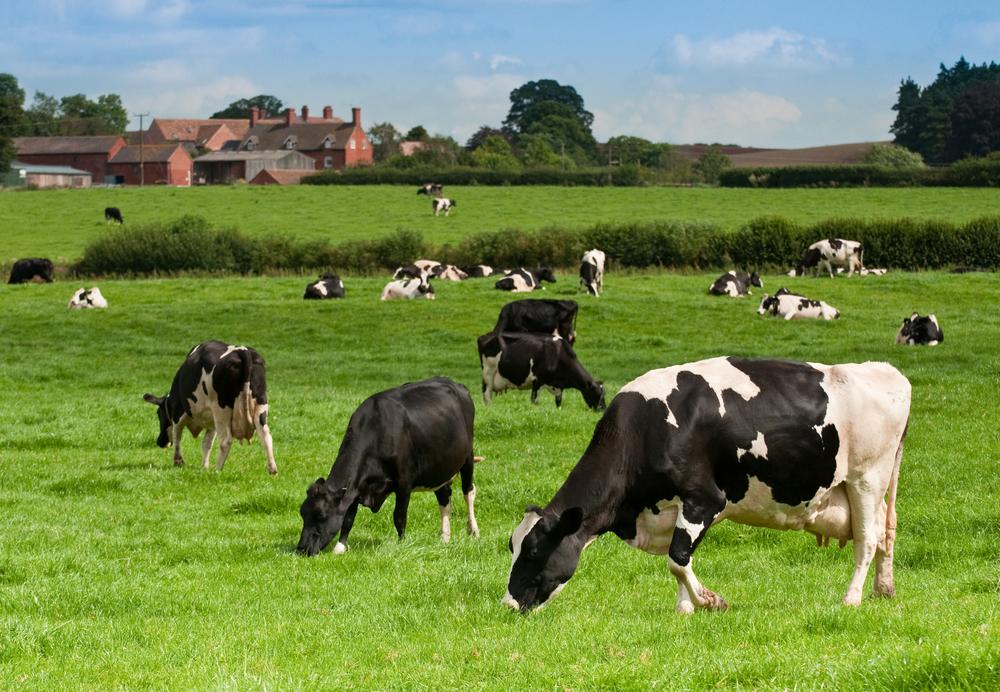Entrepreneurialism can be learned and drives farmers to increased profitability says 2016 OFC report
20th July 2016

The Oxford Farming Conference’s 2016 Research report has discovered that UK farming is less entrepreneurial than many other industries, but those farmers who are budding Bransons or Dysons make more profit.
The 84-page report, Entrepreneurship: A kiss of life for the UK farming sector, was funded by and launched at the Oxford Farming Conference (OFC) today; it suggests that whilst some people are born entrepreneurial, those who aren’t can learn to become so.
Report authors, Graham Redman, The Andersons Centre and Dr Muhammad Azam Roomi of Cranfield University, explain that core to an entrepreneur’s psyche is the drive to feed off and create change.
“Many farmers are successful business managers, but this doesn’t mean that they are entrepreneurial, nor does working long hours, nor taking risks,” Mr Redman says. “But executing innovative ideas such as developing a market opportunity for a beef enterprise to supply medical grade collagen for plastic surgery clinics is very entrepreneurial.”
The report explores personal attributes of businesspeople; the authors surmised that most people find change threatening, but entrepreneurs don’t because change creates opportunity.
“They go out of their way to question the established order of things and look for ways to create competitive advantage,” he adds.
Diversification can be the means by which farmers demonstrate entrepreneurialism, but need not. “It could mean concentrating a business to fewer activities; indeed businesspeople with single objectives tend to be more successful than those with several.”
The report, sponsored by Burges Salmon, acts very much as a guide for UK farming to become more entrepreneurial, offering tips from a range of successful farming entrepreneurs.
“Historically farmers were less profit orientated than most businesses, being more concerned with subsistence and survival; this helps to explain why farming demonstrates a lower level of entrepreneurialism than other sectors,” Mr Redman continues.
“Farms are remarkably strong places from which to develop entrepreneurial businesses,” he adds. “They have valuable resources, most of which have been relatively inefficiently deployed, and often have a strong capital base. Of fundamental importance for successful entrepreneurialism on farm, is that the business must remain true to its agricultural roots, and respects the land and ‘home farm’ as their golden goose which lays the golden egg of entrepreneurialism.”
Commenting on the report, Al Brooks, OFC Chairman, said: “Entrepreneurialism is a topic that has been explored widely outside agriculture, but rarely directly focused on our industry.
“It’s clear that different character traits help entrepreneurialism, but only perseverance, persistence and proactivity are exclusively necessary to achieve something entrepreneurial.
“Many fear failure, either from possible financial loss or the comments it might generate from others; this report clearly states that this can be overcome by a strong belief in yourself and your idea, even if you make mistakes along the way.”
The research highlights six points that need adopting by budding Richard Bransons: to add value; to engage with other businesspeople; to nurture your core business; to create your own opportunities; make better and full use of your resources and try new ideas.
The report was launched today to an audience of 450 delegates at the 2016 Oxford Farming Conference and can be downloaded at http://www.ofc.org.uk/sites/ofc/files/papers/ofcreport2016a5final.pdf
